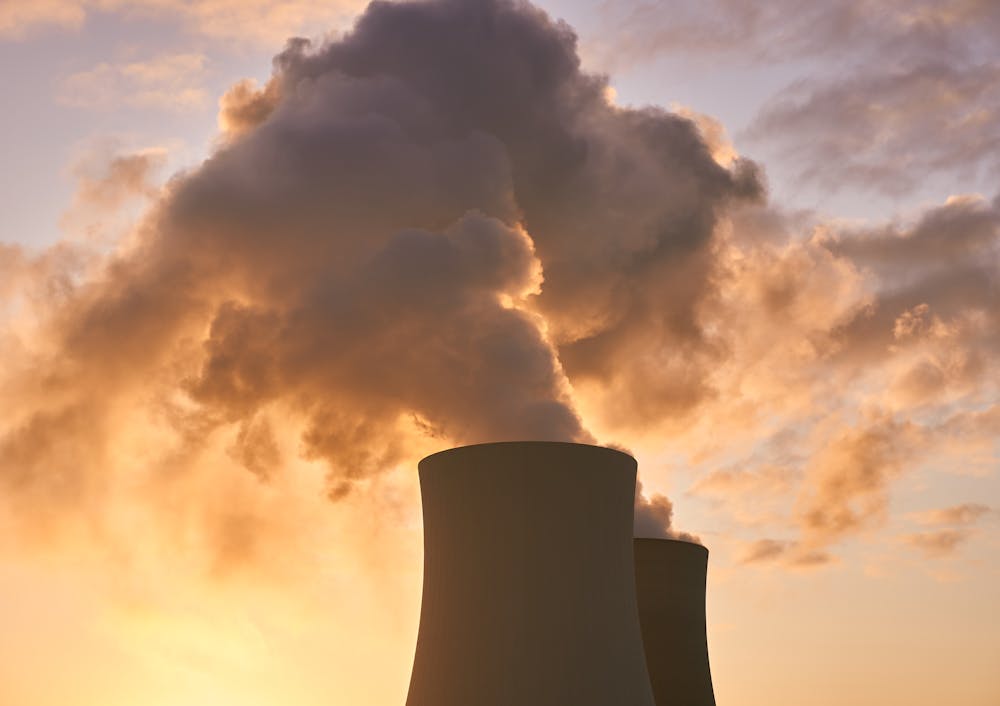The Dieselgate scandal, which first came to light in 2015, exposed a troubling reality about the automotive industry and its impact on the environment. This revelation not only shook the foundations of several prominent car manufacturers but also raised critical questions about the long-term effects of diesel emissions on our air quality.
The Diesel Emissions Scandal Explained
In September 2015, the Environmental Protection Agency (EPA) discovered that numerous diesel cars sold in the US were equipped with a defeat device – software that could detect emissions tests and adjust engine performance to pass. These cars emitted nitrogen oxides (NOx) at levels exceeding US limits by up to 40 times. The scandal, primarily linked to the Volkswagen Group, rapidly expanded worldwide, impacting multiple manufacturers and millions of vehicles.
The Impact on Air Quality
The immediate aftermath of the Dieselgate scandal brought a renewed focus on the quality of the air we breathe. Diesel vehicles once promoted for their fuel efficiency and lower carbon dioxide emissions compared to petrol cars, were found to be significant contributors to urban NOx levels. NOx gases, particularly nitrogen dioxide, are harmful pollutants known to exacerbate respiratory conditions such as asthma and bronchitis and contribute to the formation of smog and acid rain.
Urban areas, with their high concentration of diesel vehicles, have been particularly hard hit in terms of air quality. Studies have shown that cities in the UK experienced a noticeable deterioration in air quality due to NOx emissions from diesel vehicles. This has led to increased pressure on urban infrastructures and healthcare systems, dealing with the fallout of polluted air on public health.
The health effects of diesel emissions are far-reaching. According to health experts, exposure to NOx gases and particulate matter from diesel exhausts can lead to cardiovascular and respiratory diseases, as well as premature death. Children, the elderly, and immunocompromised individuals are particularly vulnerable to the adverse effects of air pollution.
Policy and Public Response
In response to the scandal and its implications for air quality and public health, governments and regulatory bodies worldwide have taken steps to tighten emissions standards and encourage the adoption of cleaner transportation options.
There has been a significant push towards electric vehicles (EVs) as a cleaner alternative to diesel and petrol cars. Governments are offering incentives for EV purchases, installing charging infrastructure, and setting ambitious targets for phasing out internal combustion engine vehicles.
Several car manufacturers implicated in the scandal have faced legal actions and hefty fines. These penalties have prompted the automotive industry to invest in cleaner technologies and to reevaluate their approach to vehicle emissions testing and compliance.
The Road Ahead
While the Dieselgate scandal has undeniably left its mark on air quality, it has also acted as a catalyst for change. The heightened awareness around the effects of diesel emissions on the environment and public health has led to significant policy shifts and innovations in cleaner transportation.
Efforts to improve air quality continue, with cities implementing low-emission zones, promoting public transport, cycling, walking, and investing in green spaces. These initiatives, combined with advancements in vehicle technology, hold promise for cleaner, healthier air in the future.
Apart from policy and technological solutions, individuals and communities play a crucial role in addressing air quality issues. From choosing cleaner modes of transport to advocating for environmental policies, collective action can drive substantial change.
Continuous monitoring and research are essential to understanding the long-term effects of diesel emissions on air quality and public health. By staying informed and engaged, we can ensure that the lessons learned from the Dieselgate scandal translate into lasting improvements for our environment and well-being.
Dieselgate Compensation
Affected car owners and environmental groups have sought legal recourse through diesel emission claims. These claims aim to hold manufacturers accountable for the discrepancies in emission levels and seek compensation for the environmental and health damages caused.
Filing an emissions claim typically involves several steps. Firstly, individuals must determine if their vehicle is affected by checking the make, model, and year against the list of implicated vehicles. Legal firms specialising in environmental law can provide guidance and representation for those wishing to pursue a claim. Documentation, including vehicle registration and proof of ownership, is required to substantiate the claim. The process of filing a claim may vary depending on the jurisdiction and the specific circumstances of each case. However, the goal is to achieve justice for the deceit and harm resulting from the manipulated emissions.
Conclusion
The Dieselgate scandal served as a wake-up call, highlighting the need for transparency, stringent regulation, and a focus on sustainable transportation. While the road to recovery may be long, the steps taken in response to the scandal offer hope for a future where clean air is accessible to all. Through concerted efforts from governments, industry, and the public, we can work towards mitigating the impact of diesel emissions and safeguarding our environmental and public health.


